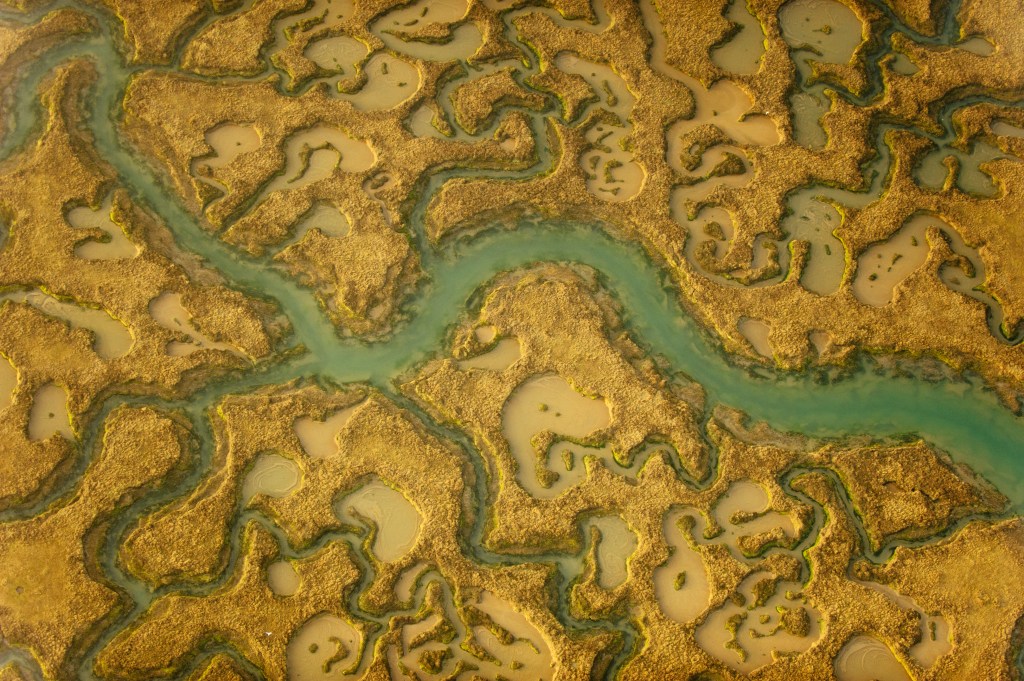
By Anders Lorenzen
A recent report released by The Wildlife Trust has warned that time is short if we are to save UK nature from severe climate impacts.
In the report, Changing Nature, published by the UK’s sixth-largest landowner the impacts of the changing climate have been assessed across their estate which covers 400 square miles. It looks at the risks ahead and what is needed to help nature adapt and survive in the future. The Wildlife Trust`s report comes at a time when the UK is already one of the most nature-depleted countries in the world.
The report looks at a possible scenario when the future global warming trajectory reaches 3°C by 2100. Were that to happen half of The Wildlife Trust`s nature reserves will have 30+ days each year of very high fire risk Nearly all reserves would see more than a 1°C temperature increase on hot summer days by 2050, and 55% of reserves would see nearby river flows drop by 30% during times of low flow.
Climate impacts are already here
The report also examined how extreme weather already affects many of its reserves.
Wildfires have destroyed valuable and rare habitats which affect the food supply for wildlife with huge financial costs. Flooding has impacted wildlife, damaged infrastructure and increased river pollution. Droughts have lowered the water table on wetland nature reserves, dried out chalk streams and peat bogs, and concentrated pollution in rivers.
As a result, The Wildlife Trust wants to see increased efforts from governments, businesses and other landowners on climate adaptation which should include major investments in nature-based solutions with a specific focus on resilience.
Presenting the report, The Wildlife Trust`s director of climate change and evidence Kathryn Brown says: “Climate change is contributing more and more to nature’s decline with devastating consequences for people and wildlife. We are already stepping up our efforts to restore habitats so that they benefit wildlife and are better able to store carbon.
Our report also shows the range of actions we are taking to help nature adapt to climate change and what’s needed in the future – from further re-wetting of peatlands to backing community-led re-wilding projects. A concerted effort is required to create more space for nature everywhere, enabling natural ecosystems to function properly, creating habitats for wildlife, and building diversity and flexibility for the future.”
The Wildlife Trust adds they are providing innovative solutions to help wildlife on land and sea adapt to the changing climate. Projects include beaver releases and re-bending rivers to regulate water flows, restoring peatlands to help them cope with hotter, drier conditions, and initiatives to control invasive species.
Categories: climate change, impacts, nature, UK
Unfortunately the candidates for UK PM don’t seem to have climate change on their agenda
LikeLike